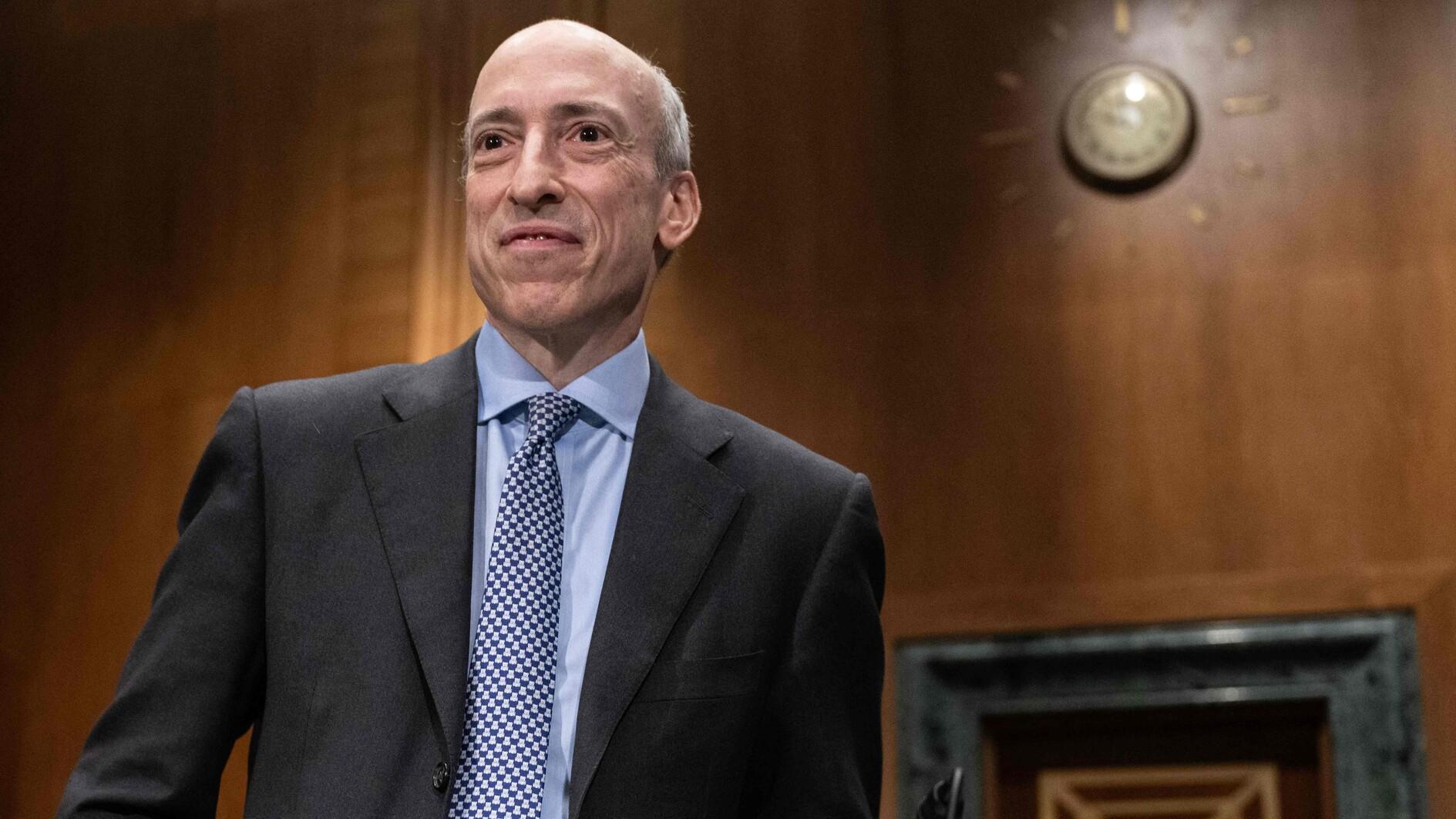Mentality problem
Turkish media has had an acute problem all along, like the media of any other country: To be the first to report a development with as much detail as possible. This is a race in the absence of which journalism might become – with no intention of belittling the profession – historiography. Trying to be a journalist or trying to be a media outlet requires having a critical eye on what’s going on. Otherwise, media loses its raison d’être (reason for being).
Why would a journalist engage in life threatening endeavors, go to a war front, investigate the dirty laundry of politicians, businessmen or even colleagues, and document and write his/her story? The difference between “information” and “news” might not be appreciated by those outside the profession, but for newspeople it ought to be all clear: news is confirmed information. There is always the easy way, tape-recorder journalism or “said-said” journalism. Though most publishers of the day might disagree, journalism is a profession which cannot be acquired just by getting a certificate from a university or high school but rather it is a brick-by-brick accumulation of experience. The media must be able to freely debate its own shortcomings and through its own criticism mechanisms must be able to prevent violations of the ethics of the profession.
In the hustle and bustle of the everyday race to complete a story within the deadlines of the media establishment, and definitely far better than any competitor might write, sometimes journalists and editors make errors. After all, they are human beings as well. An element might be missing in the story, the photograph might not be framed well or a wrong photograph might be used. Depending on the nature of the “mistake” or if there is any violation of the ethics of the profession, every media organ should first try to sort out the problem within itself. That is why many papers have an ombudsman or “readers’ representative.”
For electronic media, there is no such probability, as the race is far more violent and the rules of the game are not yet well fixed. Still, social media has become the phenomenon of the day. In many instances, whether they are the Gezi incidents of 2013 or the Uludere (Robotski) massacre of 2012 or any other incident the government clamped down on with a news blackout, social media proved to be indispensable. The failure of the written or audiovisual media outlets to provide adequate, accurate and timely news on extremely important developments and to feed the information demand of the public made social media existentially important, particularly for this country.
Unlike written or audiovisual media however, social media is far more liberal in all senses. Many “conventional” journalists – even if they are also involved in blogging and very active on social media platforms – reject considering people providing news on social media platforms as newspeople. Still, irrespective of the legal frameworks governments provide, this issue must be a subject that journalists, through debates amongst themselves, provide an answer to.
Yet, irrespective of such debate, media freedom, which has been very problematic in this country through the past decades, is of existential importance for social media. Graphic content provided by a terrorist group showing a gun pointed at the head of a prosecutor and emblems of the gang decorating the background must be unwelcome for any media outlet, written, audiovisual or social. Human life and dignity must come before the message a terrorist group wishes to disseminate. Be it in a newspaper, on a TV screen or on a social media platform, such graphic content is just disgusting. Yet, solving problems by imposing restrictions on access to social media platforms or not allowing reporters of media outlets to run such content or follow the funeral of the prosecutor reflects a mentality problem: Censorship. Aware of the already heated debate in the media on this issue, the government must just take a step back and perhaps learn what democratic discussion indeed is.
On the other hand, disgusting graphic material should never be published on any media platform, but this was not the first time it has happened. Photographs of killed terrorists or worse, photographs of torture, appear in the media when they serve the purposes of the ruling clan or state. This mentality problem must be corrected.











